- NEW DVD Series – Stone Setting with Bezels
- Tube Set Charm by Kim St. Jean
- Prong Basket Pendant by Kim St. Jean
- NEW DVD Series – Stone Setting with Cold Connections
- New DVD Series – Stone Setting with Wire
- NEW DVD Series: Introduction to Stone Setting by Kim St. Jean
- Featured Tool: Bracelet Bending Plier
- NEW Dvd by Eva Sherman
- Fun, Fast Fold Forming DVD Series
- Double Band Ear Cuff from Alex Simkin
Free Pattern: Sketch Style Wire Leaf
by Judy Ellis, Wirejewelry.com
Wire Jewelry Tip for June 24th, 2016
Sketch Style Wire Leaf
by Lilian Chen
Today we feature a new wire bending pattern by Lilian Chen – the Wire Leaf design.
Lilian Says:
This project will utilize the natural bending of the wire on it’s coil to create a sketch style leaf grouping.
Skill Level: Beginner
Technique: Wire sketch style method
Materials:
- 21 Gauge flat wire
Tools:
Measurement: For this project you will be using the wire’s original coils directly from the spool instead of measuring like you would with a traditional ruler. Depending on the size of leaf that you are creating, you will either use one full coil, 1/2 coil or a 1/4 coil. With this type of measurement, there is no need to straighten your wire to determine the length for your piece. The jaw of the flat nose pliers is also a part of the measurement.
Straighten: You will want to use the original coils of the wire as it comes off of the spool. Instead of straightening the wire as you would in traditional wire wrapping, just straighten the ends gently coming out of the circle shape to increase the size, and make it into a fluid curve.
Bending: To form the wire coil by Horizontal position or Vertical position ( as shown in the illustrations below). The original coils give your final design a more free form artistic look and can create a more interesting shape without soldering or wire wrapping.
Instructions:
Step 1: Work directly from the wire spool, without cutting.
Step 2: Use the Measurement technique mentioned above. Begin by finding the ½ way point on the coil from the end of spool.
Note: This is free stye making method; measurement could be change, as you need for or less wire.
Step 2a: Form the leaf shape by following the natural curve of the wire and vertically bending the wire, then turning it from the vertical position to the Horizontal position, (Grasping the angle of the leaf, while you turned the end.) lay the wire back across the coil.
Step 3: Using the Pliers, find the place where the jaw crosses the wire, and using this space, make a vertical bend to form the leaf shape on the other side. Always follow the natural bend of the wire.
Step 4: Following the same angle as the first leaf, repeat step 2 to form another vertical bend and create a second leaf.
Step 5: Repeat step 3 to finish second leaf . Now you’ve have your first grouping of leaves.
Step 6: Find the ¼ point in the coil from the angle of the leaf, and make a vertical bend by reversing the coil.
Step 7: Repeat the step 3 to 5 to finish the second unit of leaves.
Options:
1. By changing the lengths of measurement, it will create a different shape and look to each leaf.
2. You can use both ends of the spool to create leaf groupings.
3. You can connect multiple leaf units together to create any shape you would like.
I hope you’ve enjoyed this easy step by step wire pattern from Lilian. For more great blog posts from Lilian CLICK HERE
Happy Wrapping!
![]()
Click to Receive Daily Tips by Email






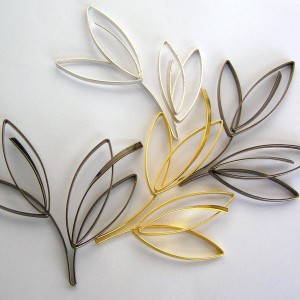
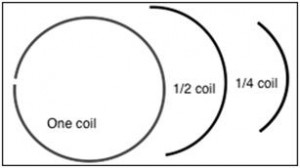


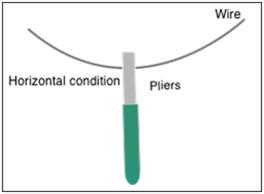

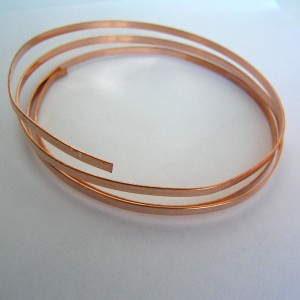
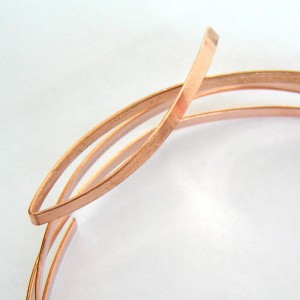
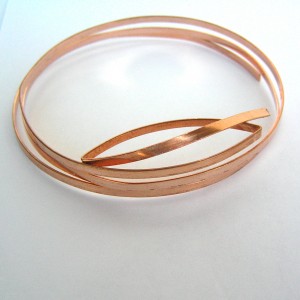
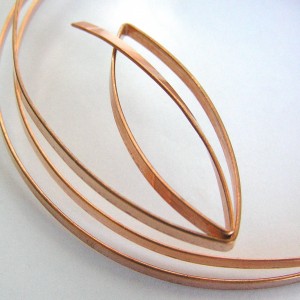
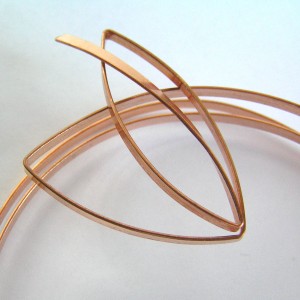
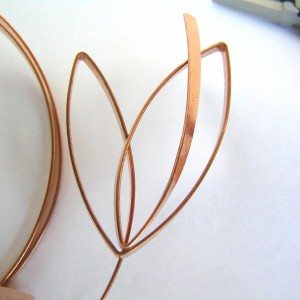
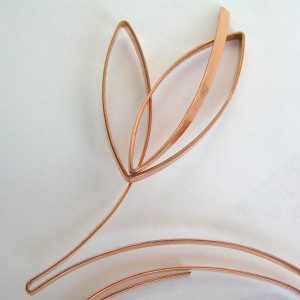
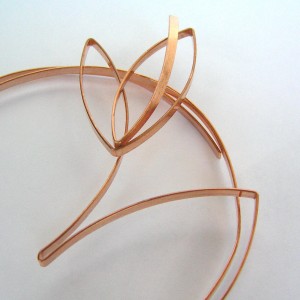
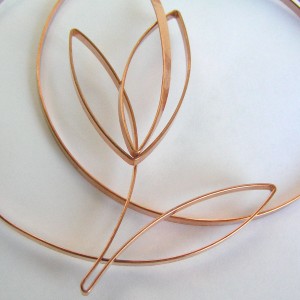
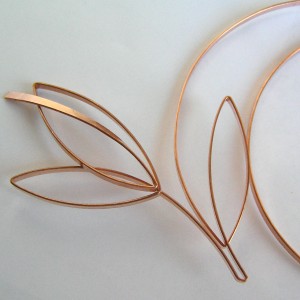
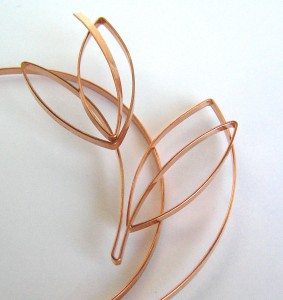
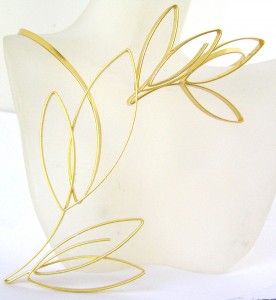
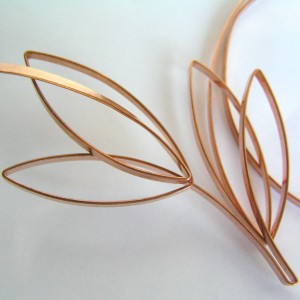
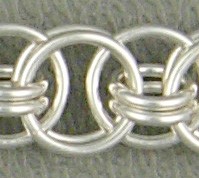

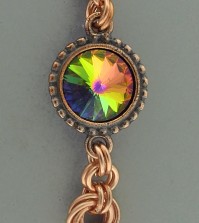
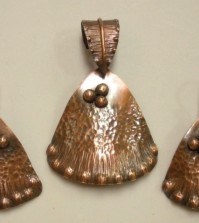

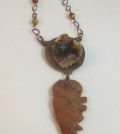
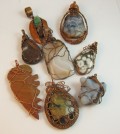

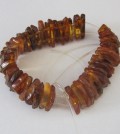

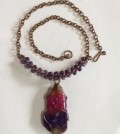
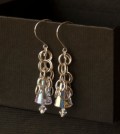
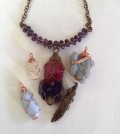
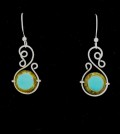
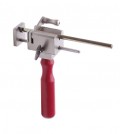
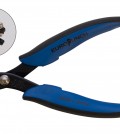
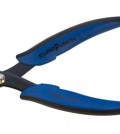
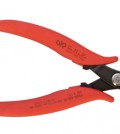
Eleta Parris
June 24, 2016 at 6:39 am
What are these wire leaves used for?
Lilian Chen
August 1, 2016 at 12:17 pm
This is Introduce Vertical thinking to the wire coil,
Introduce Lilian’s new conceptions for 3D style wire sculpture forming.
Welcome to visit my page at Facebook and Pinterest
Lilian Chen
August 1, 2016 at 1:16 pm
Hi! Eleta, this project shows the step by step how flat style of wire working in Vertical thinking to the wire coil with its own swirl, to changes the direction of lay’s style.
This is basic foundation for the 3D style wire sketch setting, if you interesting the Lilian’s 3D style wire sketch design style.